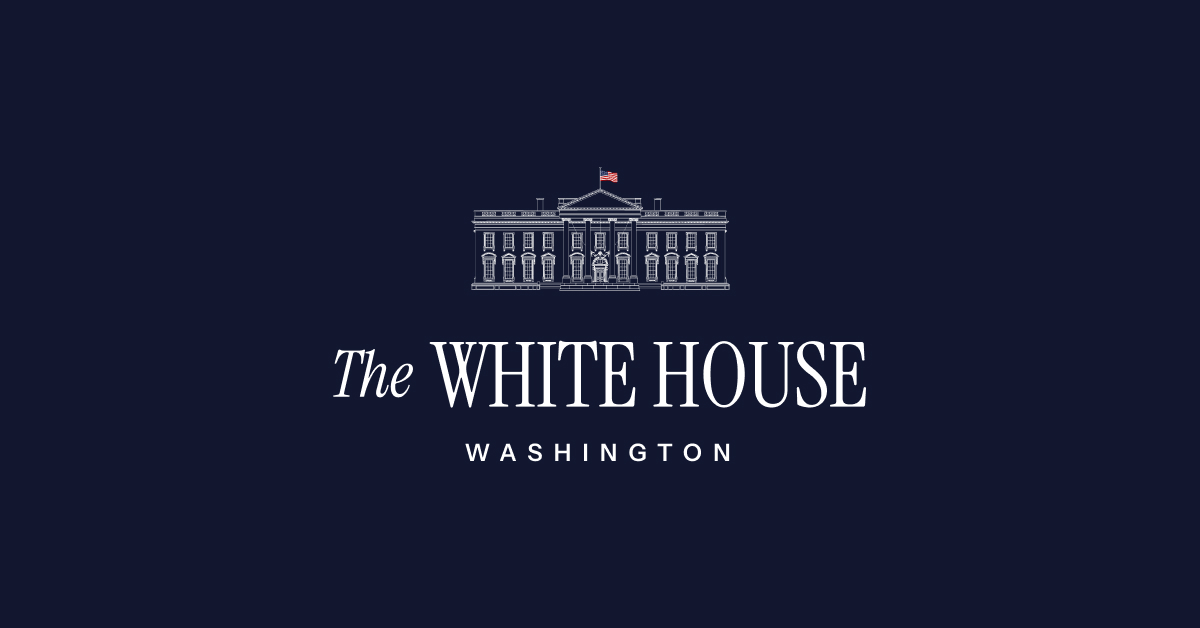A sunscreen scandal in the world’s biggest skin cancer hotspot is continuing to grow, with 18 products now pulled from shelves in Australia over safety concerns.
Analysis by a consumer advocacy group in June found several popular and expensive sunscreens did not provide the protection claimed by their makers.
One product, Ultra Violette’s Lean Screen Skinscreen, is supposed to offer a skin protection factor (SPF) of 50+ but instead returned a result of SPF 4 and was voluntarily recalled last month.
An investigation by the medicines regulator has now warned about 20 more sunscreens from other brands, which share the same base formula, and raised “significant concerns” about a testing laboratory.
“The preliminary testing indicates that this base formulation is unlikely to have an SPF greater than 21,” the Therapeutic Goods Administration (TGA) said in an update, adding that for some of the goods the SPF rating may be as low as four.
The manufacturer of the base formula, Wild Child Laboratories Pty Ltd, has stopped making it as a result, the TGA said.
Of the 21 products it named, eight have been recalled or manufacture stopped completely. The sale of another 10 products have been paused, and two more are being reviewed. One product named by the TGA is made in Australia but is not sold in the country.
The scandal has caused a massive backlash from customers in Australia, but experts have warned it may also have global implications. Problems have been identified with both the manufacture of some sunscreens and the integrity of lab testing relied upon to prove their SPF claims.
The TGA has previously said it is looking into “reviewing existing SPF testing requirements” which can be “highly subjective”, but in the update on Tuesday said it had significant concerns about testing undertaken by Princeton Consumer Research Corp (PCR Corp), a US lab.
“The TGA is aware that many companies responsible for sunscreens manufactured using this base formulation relied on testing by PCR Corp to support their SPF claims.”
It has now outlined its concerns about the laboratory to all companies using the defective base formula. “The TGA has also written to PCR Corp regarding its concerns and has not received a response.”
The BBC has contacted PCR Corp and Wild Child Laboratories for comment.
Australia has the highest rate of skin cancers in the world – it is estimated that two out of three Australians will have at least one cut out in their lifetime – and it has some of the strictest sunscreen regulations globally.
Source link

:max_bytes(150000):strip_icc()/092925-selena-gomez-wedding-hair-19eaa833d97a4f1e89aace0d868a695b.jpg)